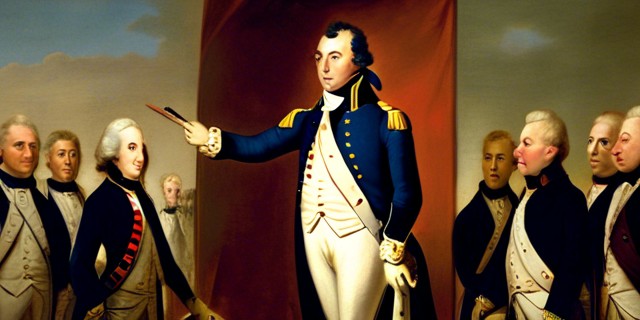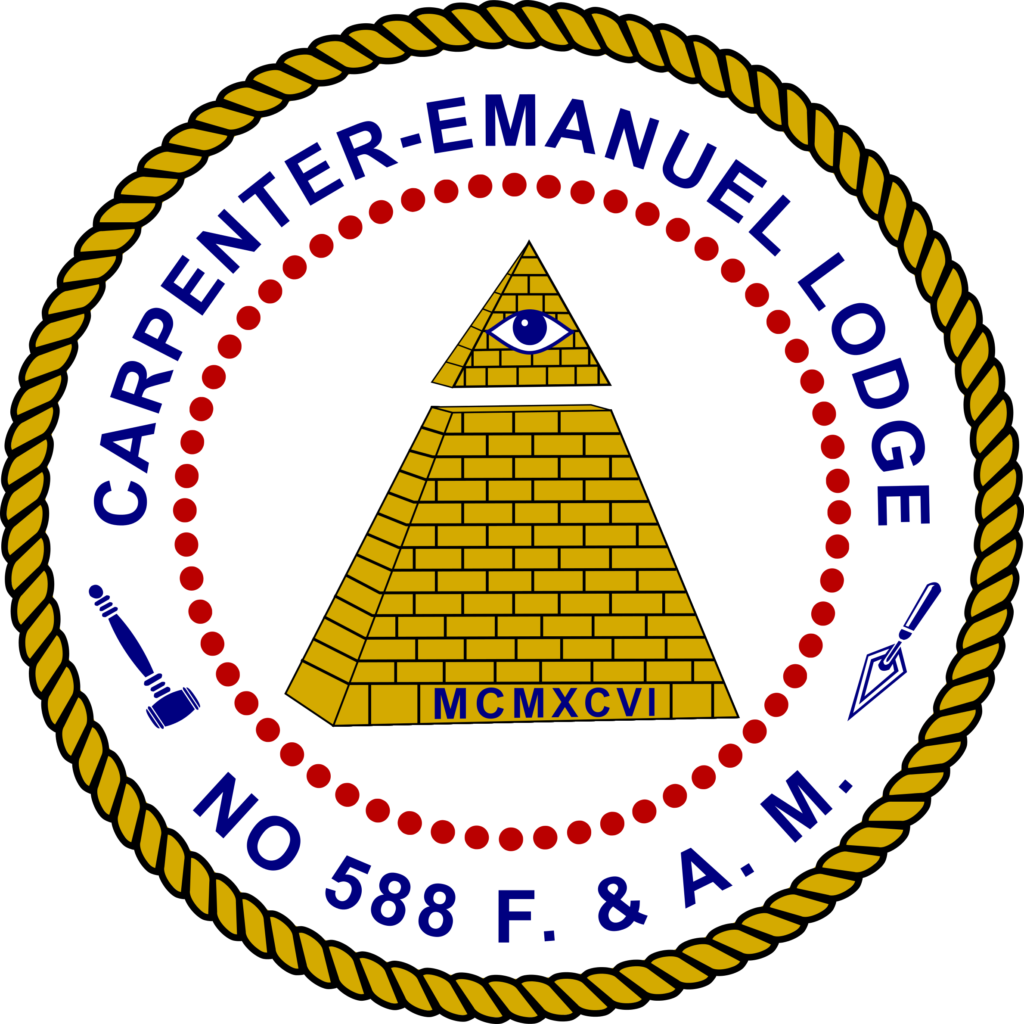
In the intricate narrative of history, Marie-Joseph Paul Yves Roch Gilbert du Motier, Marquis de Lafayette, emerges not only as a key figure in the American and French revolutions but also as a member of an ancient and secretive fraternity that played a significant role in shaping his worldview – Freemasonry. The principles of brotherhood, equality, and enlightenment embedded in Masonic ideals were integral to Lafayette’s life and his vision for a world governed by the principles of liberty. In this blog, we delve into Lafayette’s involvement in Freemasonry and its impact on his revolutionary journey.
Early Masonic Connections:
Lafayette’s entry into Freemasonry occurred in 1775, just before he set sail for the American colonies. Initiated into the Grand Orient de France, Marie-Joseph found in Freemasonry a community that transcended social and national boundaries. Freemasonry’s emphasis on equality and fraternity resonated deeply with Lafayette’s burgeoning convictions for liberty and justice.
The Brotherhood in the American Revolution:
As Lafayette became an integral part of the American Revolutionary War, his Masonic connections played a subtle yet influential role. Freemasonry provided a platform for like-minded individuals, fostering a sense of camaraderie among military and civilian leaders. Many key figures in the American Revolution, including George Washington and Benjamin Franklin, were Freemasons, creating an invisible thread of brotherhood that transcended the battlefield.
Lafayette’s Masonic Brotherhood with Washington:
The Masonic bond between Lafayette and George Washington went beyond the strategic aspects of warfare. Their shared Masonic principles of equality and fraternity strengthened their personal and professional relationship. Lafayette, who affectionately referred to Washington as his “adopted father,” found in Freemasonry a shared language that reinforced their commitment to the ideals of the revolution.
Return to France and Freemasonry’s Influence:
Upon Lafayette’s return to France, Freemasonry continued to influence his political ideals. The tenets of Masonic brotherhood aligned with Marie-Joseph’s vision for a constitutional monarchy in France. In the National Assembly, he sought to apply Masonic principles to the formation of a just and equitable government.
Struggles Within Masonic and Revolutionary Circles:
However, Lafayette’s Masonic connections didn’t shield him from the political turmoil that characterized the French Revolution. As radical factions gained momentum, some within Masonic circles turned against him due to his moderate stance. Despite the challenges, Marie-Joseph remained steadfast in his commitment to both Freemasonry and the principles of constitutional governance.
Legacy of Brotherhood:
Marie-Joseph Paul Yves Roch Gilbert du Motier, Marquis de Lafayette’s involvement in Freemasonry underscores the interconnectedness of revolutionary ideals and the principles of brotherhood. His life serves as a testament to the enduring influence of Freemasonry in shaping the destinies of nations and individuals. As we reflect on Lafayette’s legacy, let us recognize the role of Freemasonry in fostering a sense of unity and shared values that transcended the tumultuous times of revolution.
Conclusion:
In the grand narrative of history, Marie-Joseph Paul Yves Roch Gilbert du Motier, Marquis de Lafayette, stands not only as a revolutionary hero but as a Masonic brother who carried the principles of equality, fraternity, and enlightenment across the Atlantic. The invisible ties of Freemasonry wove through the fabric of Lafayette’s life, leaving an indelible mark on the revolutions he helped shape. In honoring Lafayette, we celebrate not only a military strategist and statesman but a Mason whose commitment to brotherhood echoed through the corridors of revolution.


 December 4th, 2023
December 4th, 2023 


Write a Reply or Comment
You must be logged in to post a comment.